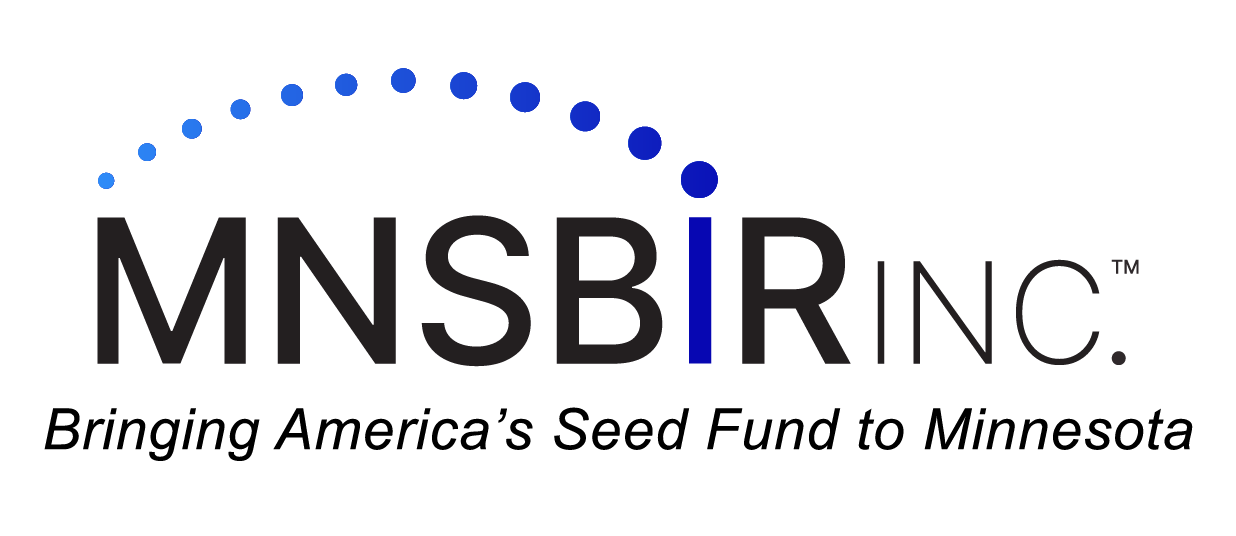The NIST Small Business Innovation Research (SBIR) Program Phase I is seeking applications from eligible applicants to explore the technical merit or feasibility of an innovative idea or technology with the aim of developing a viable product or service, and/or a standard, that will be introduced to the commercial marketplace.
Link to Solicitation: https://www.grants.gov/search-results-detail/356882
Funding Instrument: Cooperative Agreement.
Assistance Listing (CFDA Number): 11.620: Science, Technology, Business and/or Education Outreach
Award Project Period: Project performance period of six (6) months.
Goals & Objectives: The SBIR Program’s main goals and objectives are to strengthen the role of innovative small business concerns (SBCs) in Federally-funded research or research and development (R/R&D) including research in support of a standard (prestandardization research). Specific program goals are to: (1) stimulate technological innovation; (2) use small business to meet Federal R/R&D needs; (3) foster and encourage participation by socially and economically disadvantaged small businesses and by women-owned small businesses in technological innovation; and (4) increase private sector commercialization of innovations derived from Federal R/R&D, thereby increasing competition, productivity, and economic growth.
Funding Amount: In Fiscal Year 2025 (FY25), NIST anticipates funding up to ten (10) awards for up to $100,000 per award with up to an additional $6,500 for Technical and Business Assistance (TABA), see section 5.12 for TABA information.
Research Areas
The NIST research programs work at the frontiers of measurement science to ensure that the U.S. system of measurements is firmly grounded in sound scientific and technical principles. Today, the NIST laboratories address increasingly complex measurement challenges, ranging from the very small (nanoscale devices for advanced computing) to the very large (vehicles and buildings), and from the physical (resilient infrastructure) to the virtual (cybersecurity and data science). As new technologies develop and evolve, NIST’s measurement research and services remain central to national defense, homeland security, trade, and innovation.
NIST’s research activities provide industry, academia, and other federal agencies with world- class research capabilities in measurement science that form the foundation of the global system of weights and measures and enable innovation. NIST provides measurement tools and standards to strengthen U.S. competitiveness and security in the following areas:
Advanced Communications (or Next-gen Communications)
NIST plays a key role in ensuring that American industry is well-positioned globally to meet the rising market demand for broadband technologies, measures and tests the wireless ecosystem to inform the next generation of wireless technologies, and partners with other Federal government agencies to identify technical gaps critical to the sustained innovation of post-5G wireless systems. NIST conducts research and development into core network technologies to improve the quality and timeliness of standards and accelerate adoption by industry. NIST also conducts work on spectrum sharing and sensing and works to develop metrology for spectrum usage, sensing, and optimization.
Artificial Intelligence
NIST aims to cultivate trust in the design, development, use, and governance of Artificial Intelligence (AI) technologies and systems. NIST contributes to the research, standards, and global cooperation to develop and advance safe and responsible AI and builds upon efforts initiated as part of the NIST AI Risk Management Framework (RMF) as well as the U.S. AI Safety Institute (AISI). The AISI will continue to focus on advancing the science, practice, and adoption of AI safety across the spectrum of risks, including those to national security, public safety, and individual rights while the NIST Laboratories will continue to develop and promote the measurement science, standards, and guidelines that are critically needed to enable innovations that harness the benefits of AI.
Biotechnology
NIST enables the design and manufacture of biological systems for products such as high-value pharmaceuticals and commodity chemicals by developing advanced measurement capabilities from the molecular to the cellular system scale. NIST plays a significant role to promote and protect the U.S. bioeconomy through building next-generation measurement science (biometrology) capabilities and engineering biology laboratories for accelerating responsible biotechnology innovations. NIST balances the promote and protect aspects of the bioeconomy, including research into the underpinning measurements to enable new biological products while working with the private sector to develop standards to help defend against the misuse of biotechnology.
Cybersecurity and Privacy
NIST develops cybersecurity standards, guidelines, best practices, and other resources to meet the needs of U.S. industry, federal agencies, and the broader public. NIST’s cybersecurity and privacy work ranges from specific information that can be put into practice immediately to longer-term research that anticipates advances in technologies and future challenges. NIST also provides trusted tools and resources to increase the sound use of cryptography, to protect information created and transmitted by the Internet of Things (IoT) and other miniature technologies.
Energy Technologies
As the U.S. and the world continue to adopt more renewable and cleaner energies, the need for consistent standards and measurements increases. As the solar photovoltaic technology industry grows, there is a growing need for standards to enable the calibration of industry measurements and reliable calculations of energy output and efficiency. NIST also studies energy-efficient building technologies in a realistic home environment through the NIST Net-Zero Energy Residential Test Facility. NIST will continue to conduct extensive measurement research to track emissions, including developing sensors to measure temperature and greenhouse gas emissions. Similarly, NIST’s energy research encompasses not only traditional fuels but also alternative and renewable fuels which are growing in utility and in need of pre-standardization research.
Manufacturing
NIST works with industry, academia, and other government agencies to develop essential measurement capabilities and forge precompetitive collaborations that help U.S. manufacturers overcome shared technical obstacles. NIST establishes the technical basis for the development of multiple manufacturing-related standards, including new high-impact standards in the areas of metals-based additive manufacturing, manufacturing robotics, and manufacturing data infrastructure and analytics. NIST releases ontology models to support digital twins of continuous biomanufacturing processes and extend the developed standards to enable domain-specific implementation of digital twins in manufacturing.
Quantum Information Science
NIST supports industry in extending present-day small-scale quantum demonstrations to the large-scale quantum systems needed for high-impact applications and addressing complex material properties that currently limit the performance of quantum devices. To mitigate risks posed by future quantum computers, NIST recently released algorithms for post-quantum cryptography (PQC), also called quantum-resistant cryptographic algorithms, as standards for use by the U.S. and international organizations. NIST efforts aid the responsible growth of the nascent quantum technology ecosystem, comprised of developing the robustness of the associated domestic supply chain and meeting novel security threats posed by advances in quantum technologies.
Resilience
NIST’s resilience research focuses on the impact of hazards on buildings and communities and on post-disaster studies to help improve standards, codes, and practices for buildings and infrastructure systems. Additionally, NIST conducts wildfire investigations that play a key role in understanding the progression of flames throughout communities in the wildland-urban interface (WUI). Recommendations from these investigations help ensure that codes, standards, and practices are revised so that building failures like these do not happen again in the future.
Standards
A standard is a rule, condition, or requirement that describes classification of components; specification of materials, performance, or operations; or delineation of procedures for products, systems, services, or practices. Standards are essential to commerce, allowing technology to work seamlessly and business to operate smoothly. They provide industries and innovators with a common language that facilitates trade, simplifies transactions, and enables people to work together toward greater common goals that cut across disciplines and borders. The U.S. Government will strengthen its support for standards development in order to promote standards that are technologically sound and help American industry compete on a level playing field.


